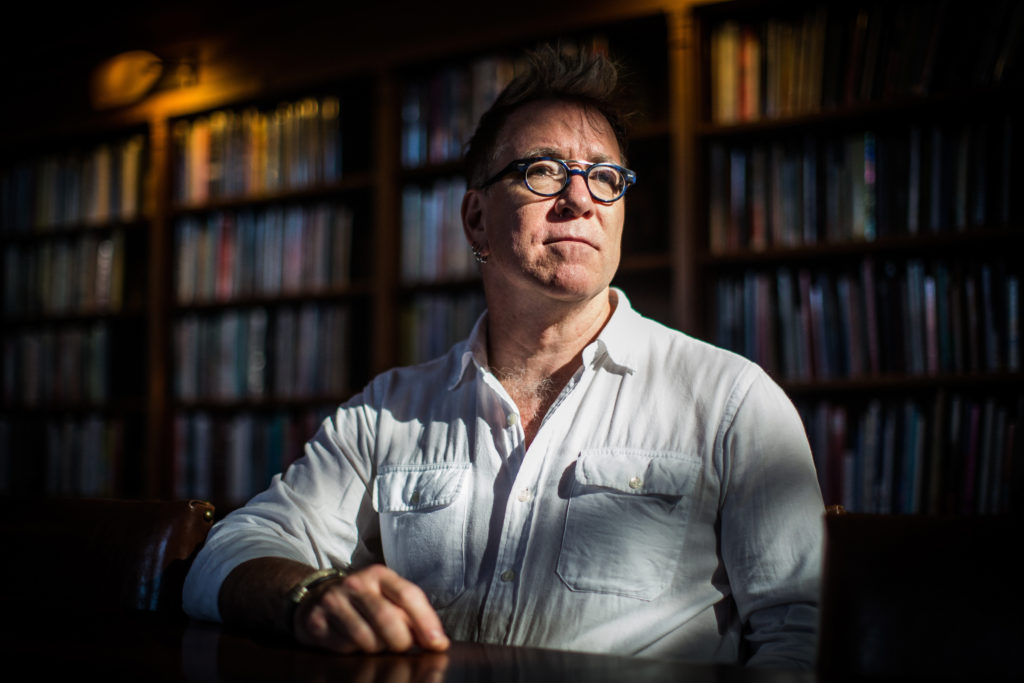
There has been a fascinating and disturbing public conversation about the spread of “fake news” ever since the November elections. Commentators on both the left and the right decry the fake news phenomenon, but point to different sources for the problem: Russian hackers, the mainstream media, social media platforms, conspiracy theorists, Twitter bots, U.S. intelligence agencies, and unscrupulous businesses such as Disinfomedia have all been blamed.
The incentives to spread misinformation, disinformation, lies, fantasies and propaganda include great financial and political gain. Do tech companies and news sites have the ability and/or the responsibility to contain a flood of inaccuracy? Can they do that without bias or censorship?
The Library has partnered with the Graduate School of Journalism and Office of Communications and Public Affairs to present a multidisciplinary panel of experts, including University Librarian Jeffrey MacKie-Mason and Adam Mosseri, Facebook’s News Feed VP, to explore these issues in greater depth.
Separating fact from fantasy: Is fake news undermining the truth?
Join UC Berkeley Graduate School of Journalism Dean Edward Wasserman from 5:30-7 p.m., Thursday, Jan. 19 in Banatao Auditorium at Sutardja Dai Hall, who will moderate a discussion with the following panelists:
- Catherine Crump, professor and co-director of Berkeley Law’s Samuelson Law, Technology & Public Policy Clinic, who specializes in First and Fourth Amendment and media issues.
- Jeffrey MacKie-Mason, UC Berkeley’s University Librarian and a professor at the School of Information, whose scholarly work focuses on the economics of the Internet, online behavior, and digital information creation and distribution.
- Adam Mosseri, Facebook’s VP of News Feed, who manages the team responsible for delivering relevant content to the 1.8 billion people using Facebook, and has recently focused on addressing fake news on the platform.
- Craig Newmark, a Web pioneer, speaker and philanthropist who recently donated $1 million to the Poynter Institute to promote verification, fact-checking and accountability in journalism.
- Laura Sydell, National Public Radio’s digital culture correspondent whose interview with the owner of Disinfomedia, a company with many faux news sites, aired last November.
Seating is limited to 150. Please register here in advance of the Jan. 19 event.
— Cody Hennesy